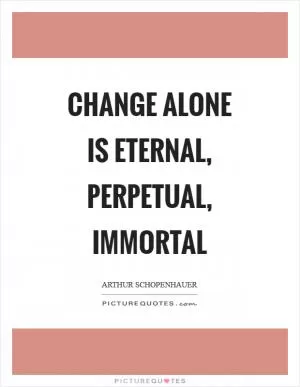The first forty years of life give us the text; the next thirty supply the commentary on it

The first forty years of life give us the text; the next thirty supply the commentary on it
Arthur Schopenhauer, a renowned German philosopher, is often quoted as saying, “The first forty years of life give us the text; the next thirty supply the commentary on it.” This statement encapsulates the idea that the first half of our lives is dedicated to accumulating experiences and knowledge, while the second half is spent reflecting on and interpreting those experiences.Schopenhauer believed that the first forty years of life are crucial for laying the foundation of our beliefs, values, and character. During this period, we are busy building our careers, establishing relationships, and pursuing our goals. We are focused on acquiring wealth, status, and success in the external world. These experiences shape our worldview and provide us with the raw material for introspection and contemplation in the later years.
As we enter the second half of our lives, we begin to reflect on the choices we have made and the paths we have taken. We start to question the meaning of our existence and seek deeper insights into the nature of reality. This is the time when we engage in philosophical inquiry and spiritual exploration. We may revisit the texts of our earlier years – the experiences, relationships, and events that have shaped us – and reinterpret them in light of our newfound wisdom and understanding.
Schopenhauer’s philosophy emphasizes the importance of self-awareness and self-reflection in the pursuit of a meaningful life. He believed that true wisdom comes from introspection and contemplation, rather than from external sources. By examining our own experiences and beliefs, we can gain a deeper understanding of ourselves and the world around us.












 Friendship Quotes
Friendship Quotes Love Quotes
Love Quotes Life Quotes
Life Quotes Funny Quotes
Funny Quotes Motivational Quotes
Motivational Quotes Inspirational Quotes
Inspirational Quotes